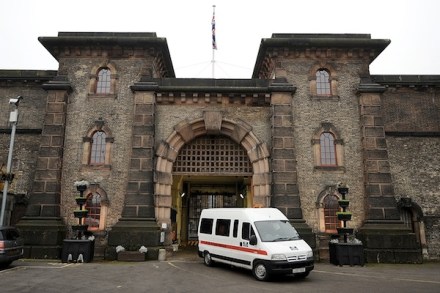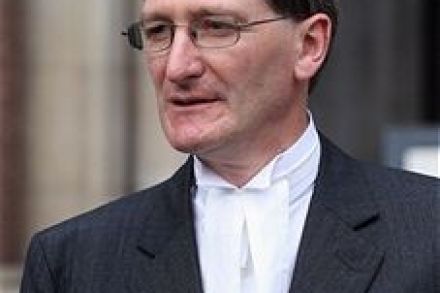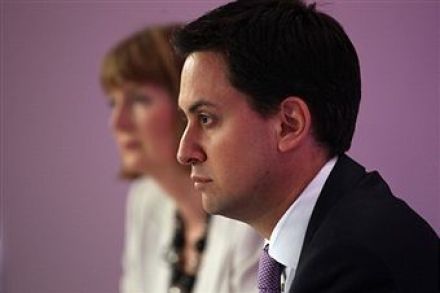David Cameron must rule out votes for prisoners at PMQs
The issue of prisoner votes has turned into a question of trust between David Cameron and his backbenchers. Most Tory MPs well remember that the Prime Minister’s initial intention was to comply with the Strasbourg court’s ruling; he only changed his mind after seeing how strong feelings were on the issue on the Tory benches and in the country. For this reason, Cameron needs to scotch all this talk of a draft bill on votes for at least some prisoners at PMQs today. If he doesn’t, he’ll have just as large a rebellion on his hands as he did last time. The issue will also drive a further wedge between















